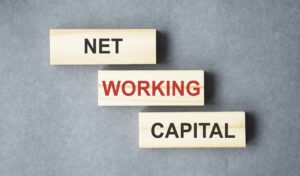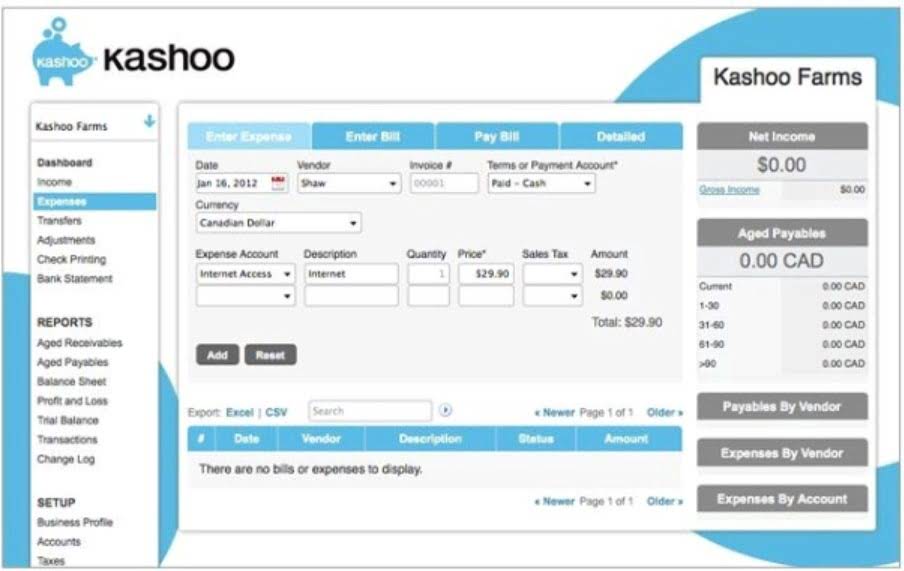
They incorporate the day-to-day reporting of controllers into a long-term strategy and have decision-making authority, while controllers do not. This is largely due to the number of similarities between roles, and many businesses trial balance use the two words interchangeably. The CFO focuses on handling the finance department, meaning they focus on managing the company’s finances.
- In smaller organizations, where resources typically run leaner, the work each does may have some overlap or even blur together when performing both duties effectively.
- They may also give advice to senior leaders about financial decisions and tell their staff how to work to reach goals.
- Hundreds of experts come together to handpick these recommendations based on decades of collective experience.
- We’ll answer these questions and more in this post on the difference between an accounting officer and a financial officer.
- Businesses need access to financial data in real time to make informed decisions, and CAOs are instrumental in providing this.
Strategic versus tactical
They also need to spend more time analyzing the business opportunities in the external arena. The CFO constantly looks for partnerships, investments, acquisitions, or market trends. It means a CFO has mostly responsibilities that involve dealing with an external scale. If you want to stand out from the competition, you’ll need to upgrade your accountant resume to make it a powerful tool that showcases your skills and experience. To stand out in a competitive job market, you’ll need to upgrade your accountant resume to showcase your skills and experience.

Discover Ramp’s corporate card for modern finance

When your company advances beyond the early-stage startup phase and reaches maturity, you need help handling the company’s financials and driving the company forward. Regardless of which position you choose, it’s important to hire an experienced professional with strong leadership chief accounting officer vs controller skills and expertise in financial management. With the right individual at the helm, you can be confident that your company’s finances are in good hands and poised for long-term success.

Financial Officers vs Accounting Officers
- Those interested in entering the field of financial controllership will find that obtaining a Master’s degree in finance and accounting gives their resume an additional boost.
- As such, they may handle general ledger accounts and accounts receivable or payable.
- The CFO works closely with the CEO and board to drive growth, secure funding, and optimize profitability.
- Being able to discern the different roles of each one is useful when deciding which expert is best suited to what a company needs, or if all of their roles are needed.
- Controllers work closely with audit teams, assist managers with budget preparation, identify opportunities to cut costs by working with suppliers, build partnerships with customers, etc.
- This includes extensive experience in accounting and finance, preferably with a focus on financial operations and controls.
The CFO’s expertise in financial strategy and risk management is crucial for navigating these complex scenarios. Although they have different scales and levels, the three of them still handle the same sector. Instead, they will always be connected so that financial management in the company, both internal and external, is maintained properly and controlled.
- Smaller companies, on the other hand, may benefit more from hiring a financial controller.
- For a financial controller, the career path usually starts as a staff accountant or financial analyst, advancing to senior accounting roles.
- They also analyze these reports to identify trends or areas where improvements can be made.
- As explained in the case study, the CFO and Controller can work in cohesion to deliver amazing results for a company, and it’s best to have both working simultaneously.
- This is most clearly reflected in the CAO’s role in ESG reporting and risk management.
- Using our inputs backed by research, and analytical rigor, we are able to help clients make informed decisions more quickly, and solve their toughest problems.
- However, based on hierarchy, the CFO ranks higher in an organization, only next to the CEO in decision-making.
- Deciding whether to hire internally or outsource your CFO needs is another consideration as your business scales.
- The CFO’s role is to analyze market trends, identify opportunities for growth, and develop comprehensive financial plans that align with the company’s long-term goals.
- A CAO’s role is not limited to a single area of expertise, allowing them to adapt to different tasks and responsibilities.
The salary for controllers and CAOs can vary depending on factors such as the company’s size, the industry, location, and experience level. At CFO Pro + Analytics, we bring years of experience helping all kinds of businesses thrive. No matter your industry, size, or goals, we help you handle the most challenging demands facing your company and Organization. A fractional CFO works for your company part-time and provides the same expertise and experience as a full-time CFO but at a fraction of the cost. As companies grow and complexity increases, a controller will eventually become necessary. Small businesses outgrow the DIY phase and hire an accountant, bookkeeper, or tax professional to keep things organized.

When businesses ask us for help, they’re often curious about the services of a Chief Financial Officer (CFO). Growing businesses often need that expertise, but the Remote Bookkeeping level of responsibility and cost increase as you move from bookkeeper to CFO. The CFO, in particular those of publicly listed companies, needs to have complete confidence that their subordinates are good.



